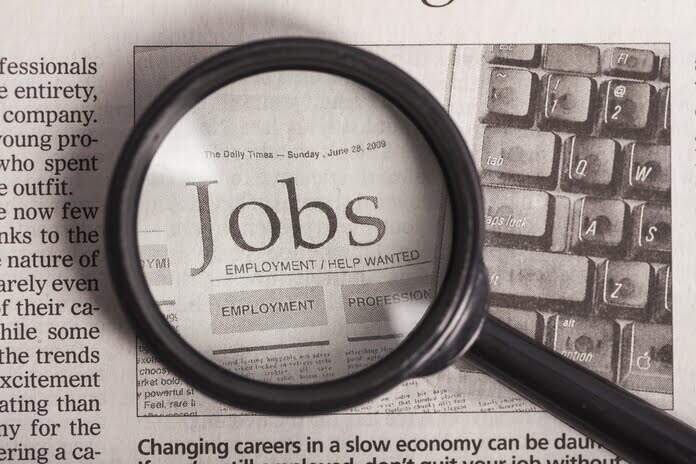The job market in the United States has cooled slightly over the summer, but it remains strong enough to defy predictions of a recession despite higher interest rates. In July, U.S. employers added 187,000 jobs, which was slightly below the expected 200,000 figure. However, the unemployment rate declined to 3.5%, indicating that the job market remains resilient.
Although the Federal Reserve has raised its benchmark interest rate 11 times since March 2022, the job market has shown steady growth. The recent increase in the number of Americans entering the job market has helped ease pressure on employers to raise wages to attract and retain staff.
Julia Pollak, the chief economist at ZipRecruiter, expressed optimism about the job market, stating that the worst fears of a severe downturn and job losses have not materialized.
The increase in the number of workers did not prevent average hourly wages from rising, with a 0.4% monthly increase in July and a 4.4% yearly increase. These higher-than-expected wage numbers may raise concerns among inflation fighters at the Federal Reserve.
The report also revised down payroll figures for May and June, making June and July the two weakest monthly gains in the past two and a half years. Despite this, healthcare companies added 63,000 jobs, while temporary help jobs fell by 22,000, and factories cut 2,000 jobs.
Economists are increasingly confident that the Federal Reserve can achieve a “soft landing,” raising interest rates just enough to control inflation without causing a recession. Consumer confidence is also on the rise, with the consumer confidence index reaching its highest level in two years, according to the Conference Board.
While the job market remains healthy, there are signs of a slowdown. Job openings fell below 9.6 million in June, the lowest level in over two years. The number of people quitting their jobs, a sign of confidence in finding better opportunities, also fell in June but remains higher than pre-pandemic levels.
The Federal Reserve aims to cool off hiring to control wage increases and prevent companies from raising prices to offset higher labor costs.
Despite the robust job market, many businesses continue to struggle to find workers. Some companies are offering incentives and bonuses to attract and retain employees, while others are turning to foreign workers through visa programs to fill gaps in the labor market.
Featured Image: Freepik @ BillionPhotos









